Pakistan
The goal of the education project, run by our partner organisation, is to work with remote communities to improve access to education through adult literacy classes and operational support for five remote village schools. Our partners do this by providing tuition, books, teacher and administration salaries (which include an emphasis on female teachers), along with a safe place for students to learn. Through education, training, and development, local communities can be equipped to move from poverty to prosperity.
Miss Ulfat, a teacher at a remote village school, shares, “I have been teaching at this school for the past seven years. When I first joined, I faced many challenges, and the community was not accepting us as female teachers. Despite the hardships and community pressures, I never gave up. Over time, I have witnessed an important transformation in both the men and women of this community. They are now more welcoming and have realized the importance of education. Today they are grateful for our services and often invite us to their homes.
“I am truly thankful for the opportunity to serve this less fortunate community. I have also benefited personally. My salary has allowed me to support and educate my siblings. My brother now works for a company, and my sister is a teacher. I am committed to serving this school and the program for many more years. I am again so grateful to you all for your help to this community and us.”
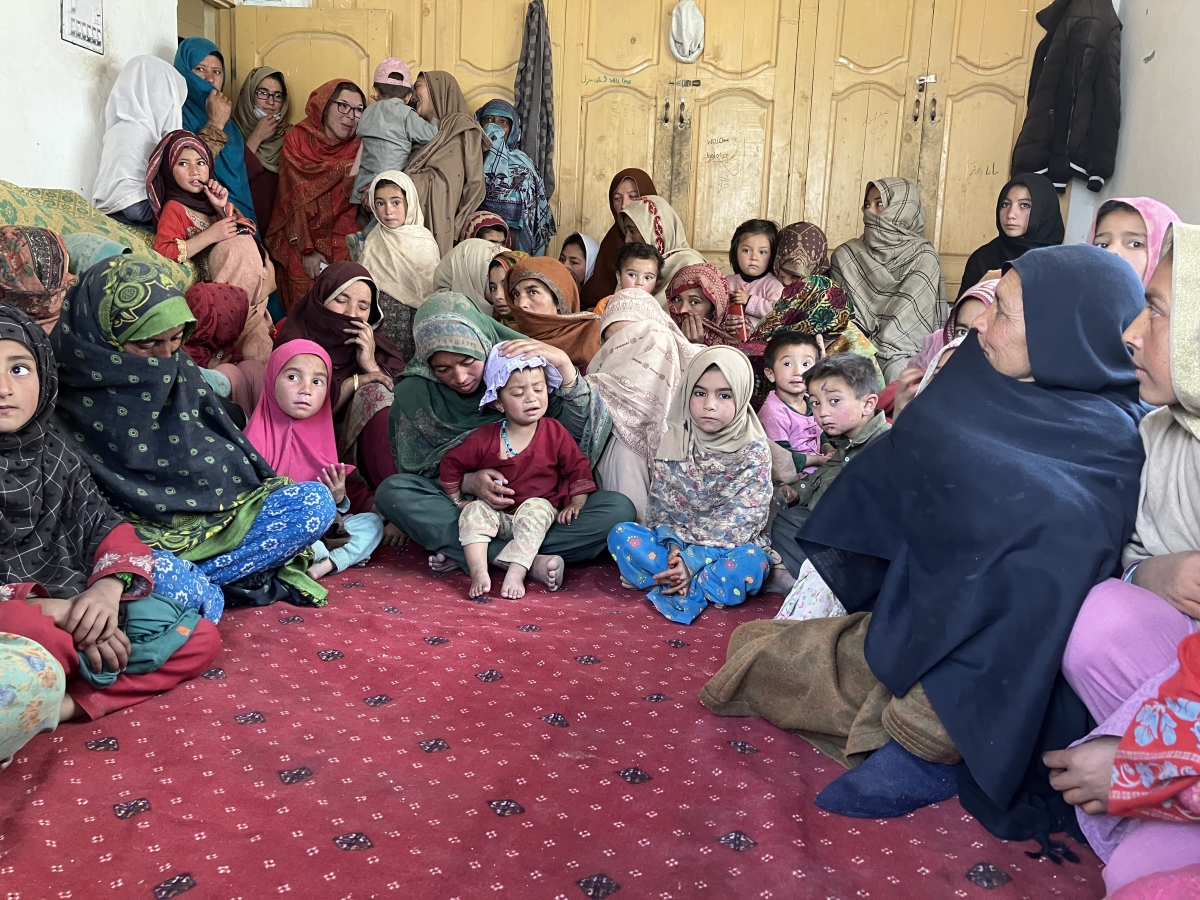
There Is Hope!
On registration day, over 80 women filled the small yard around the building where training would happen!
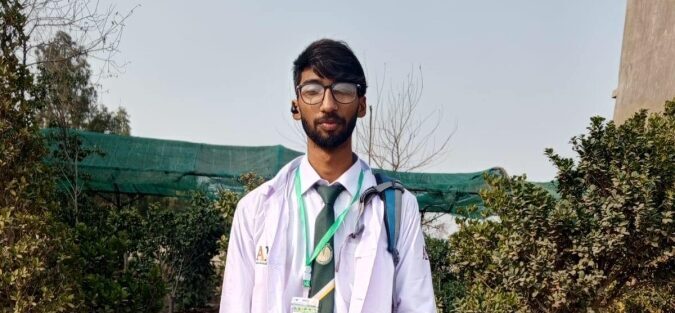
Partnerships Transform Families
Sharif* grew up in a very conservative village. He was bullied at school by students and teachers. His family had heard of our partner’s Scholarship Program and their partnership with the local center to provide housing and support for students just like him.
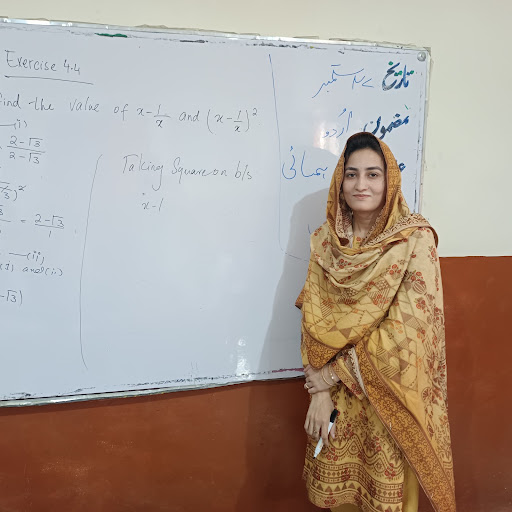
Helping Me Accomplish My Dreams
“Recently I completed my master’s degree in mathematics. I give all the credit to the Scholarship Program that has always stood behind me from kindergarten to university education.
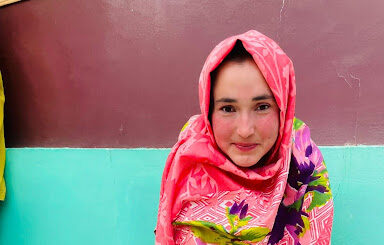
How Flood Relief Paved the Way for Education
In the fall of 2022, catastrophic flooding swept across Pakistan. In the chaos, a landslide tore through the remote mountain village of Kunis taking homes and cropland with it.
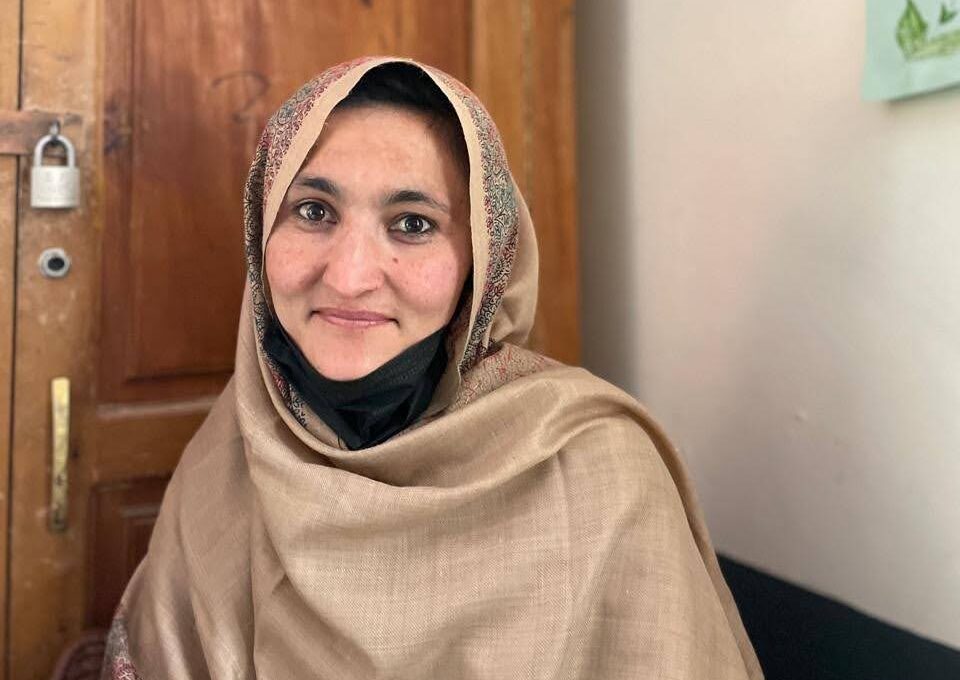
A Teacher’s Heart
The goal of the education project, run by our partner organisation, is to work with remote communities to improve access to education through adult literacy classes and operational support for five remote village schools.
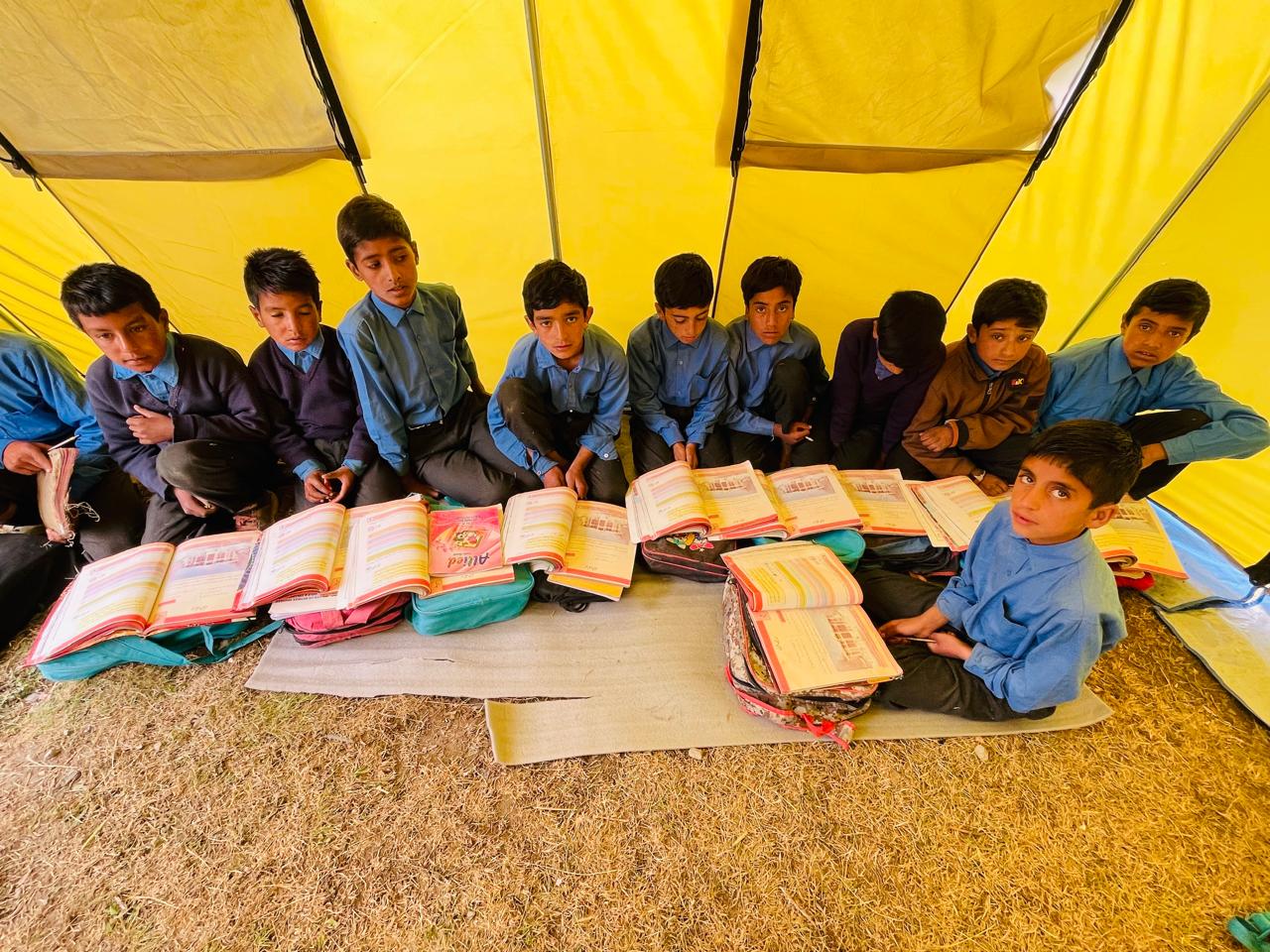
Mobile Tent Schools
In remote, seminomadic communities in Pakistan, the school year used to come to a halt during the seasonal migrations. Children missed out on up to seven months of education,
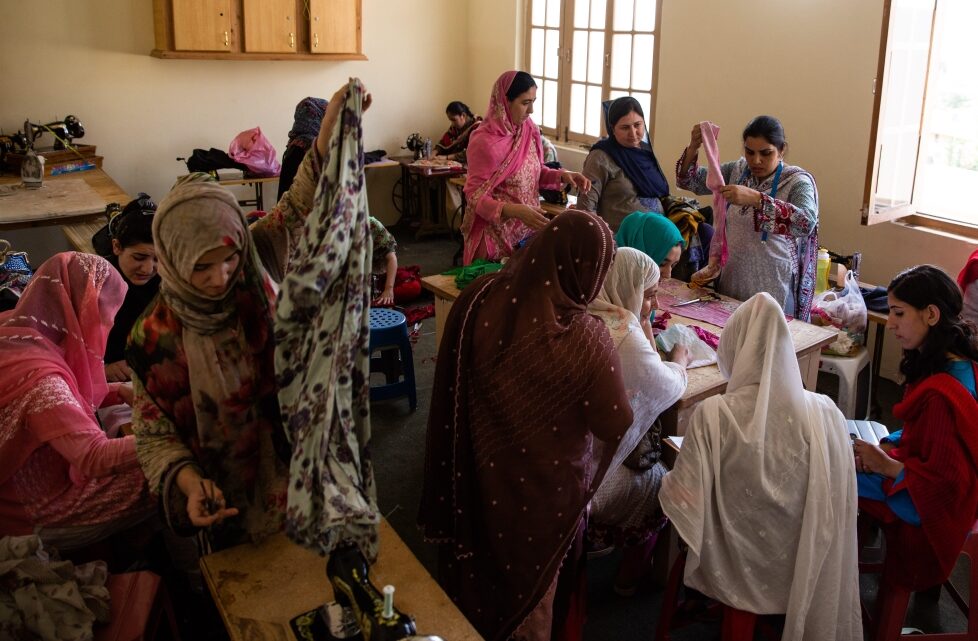
Opportunities For Women
“I never have missed a single day and I have my best time here in this center.”
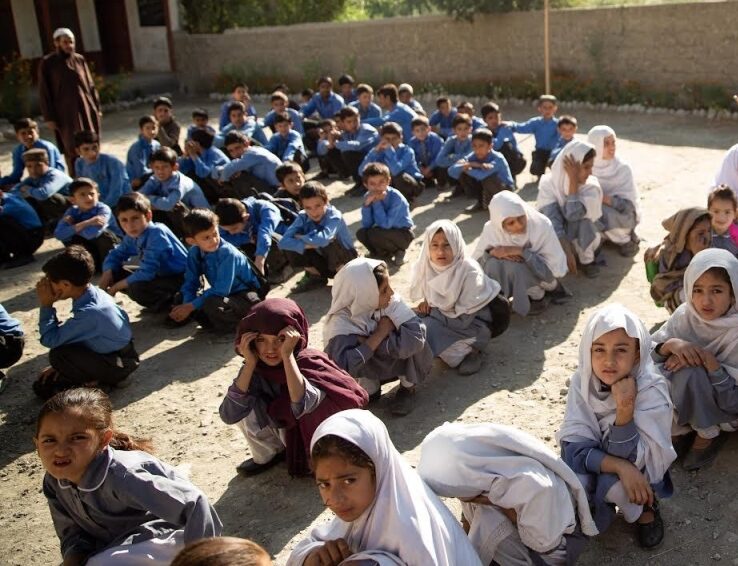
Everyone Deserves Access to Education
We are seeing a breakthrough in understanding that all deserve to have an opportunity to access education.
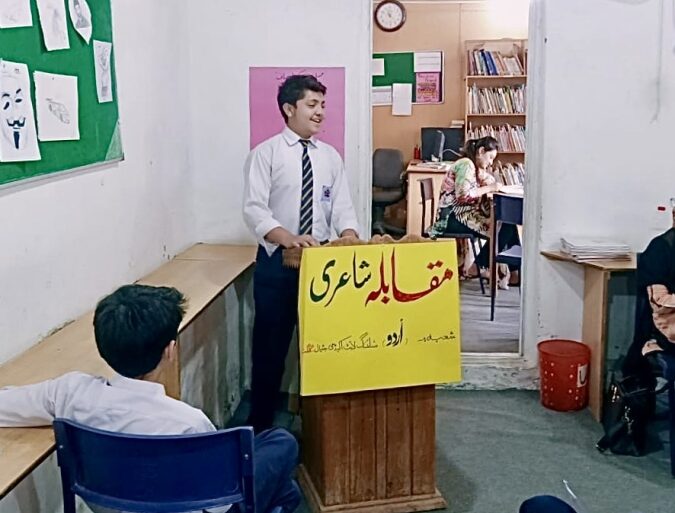
Professional Excellence
Operation Mercy’s partner organisation has worked to develop a monitoring and evaluation program to ensure its programmes are pursuing professional excellence
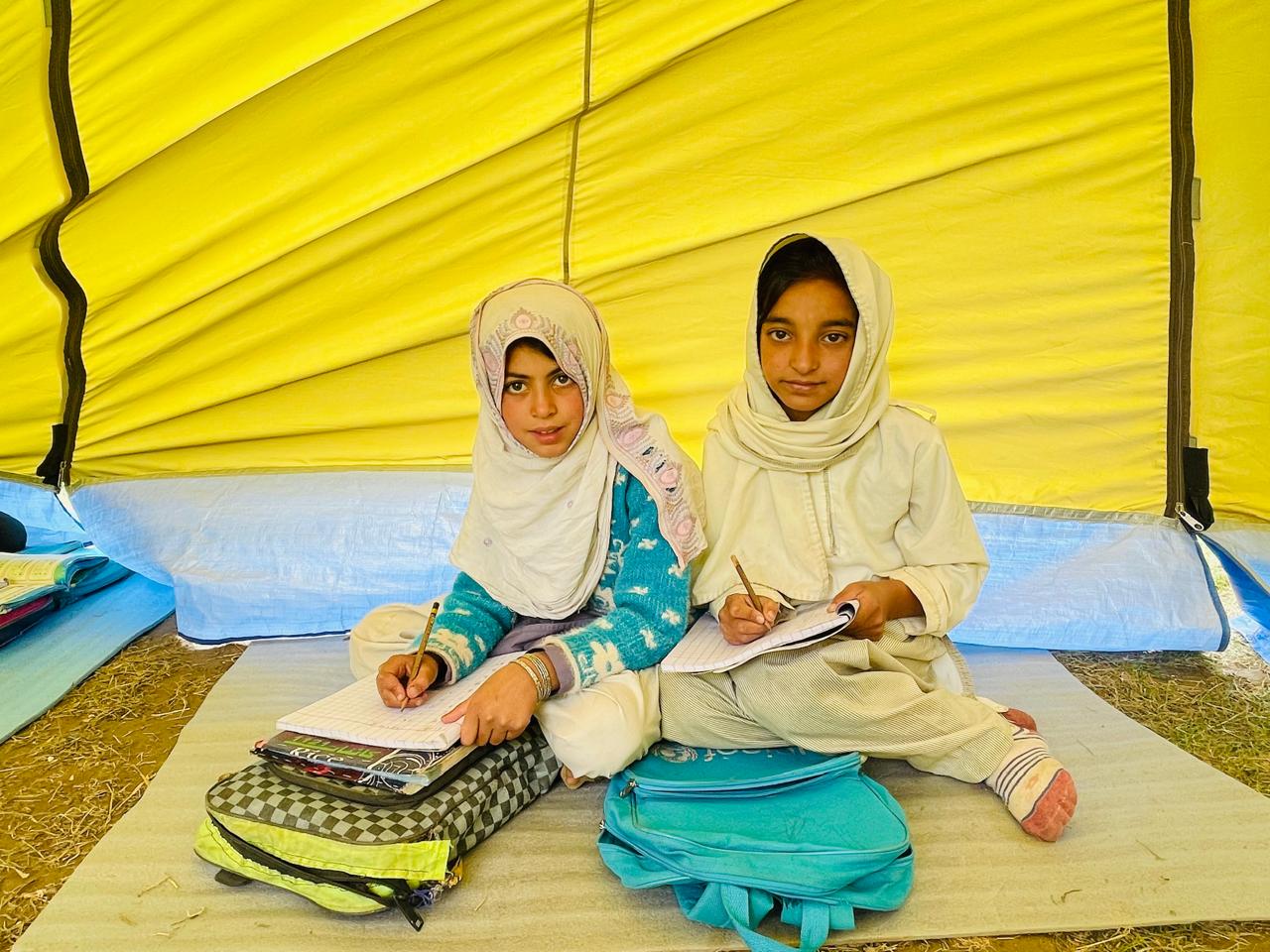
A Tent School That Travels with the Shephard People
Over the past three years, through our Monitoring and Evaluation Program, our team has noticed that while enrollment in school is high in the five mountain villages that we work with,
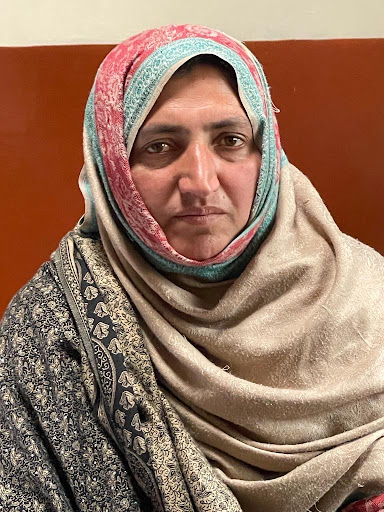
I am already making a difference in my community
Now I am trained enough to do different types of stitching and I have already started earning.
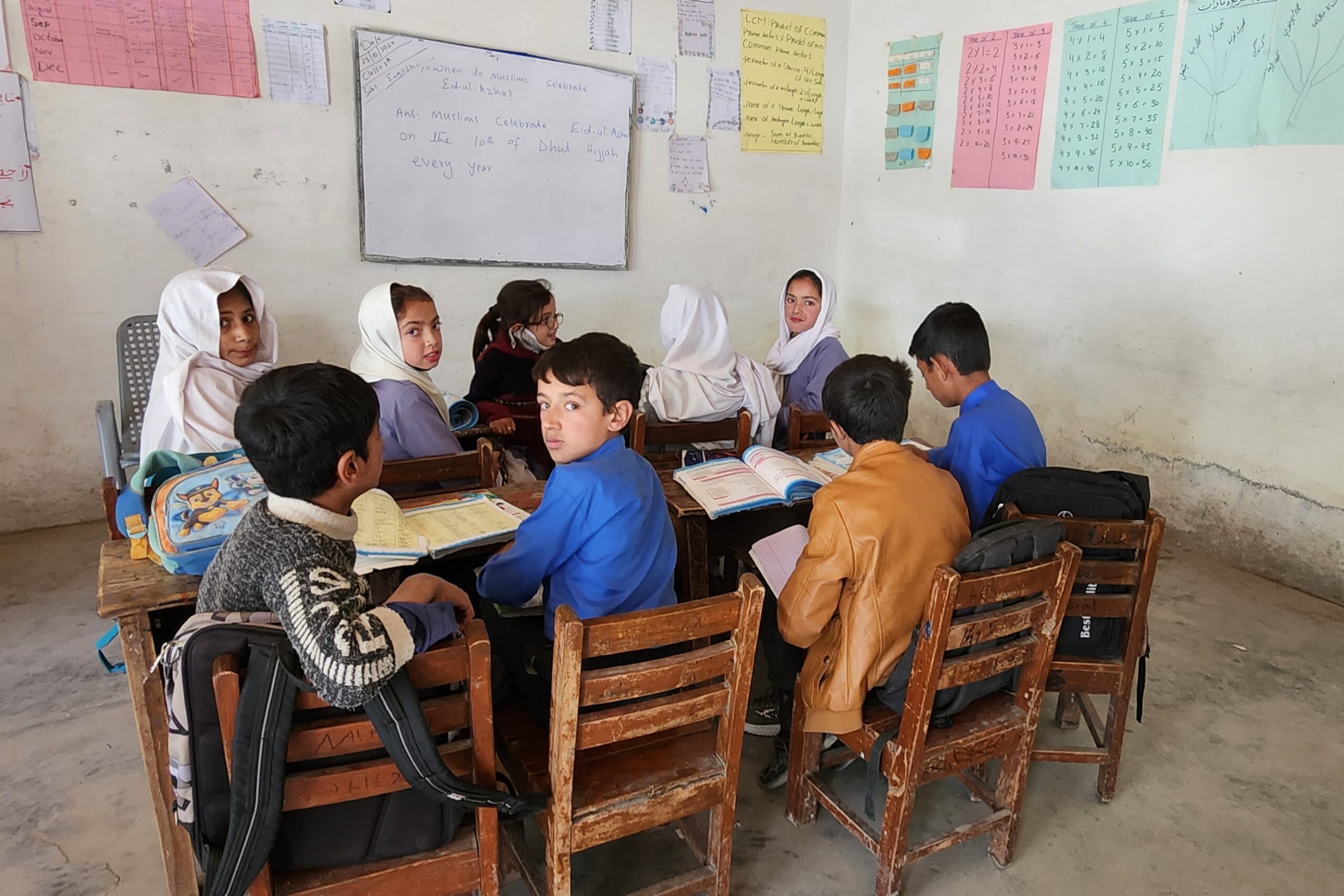
Building Bridges through Education
Sher Azam is a community leader who supports public projects among the shepherd people in remote villages in northern Pakistan, including making improvements to education in village schools.
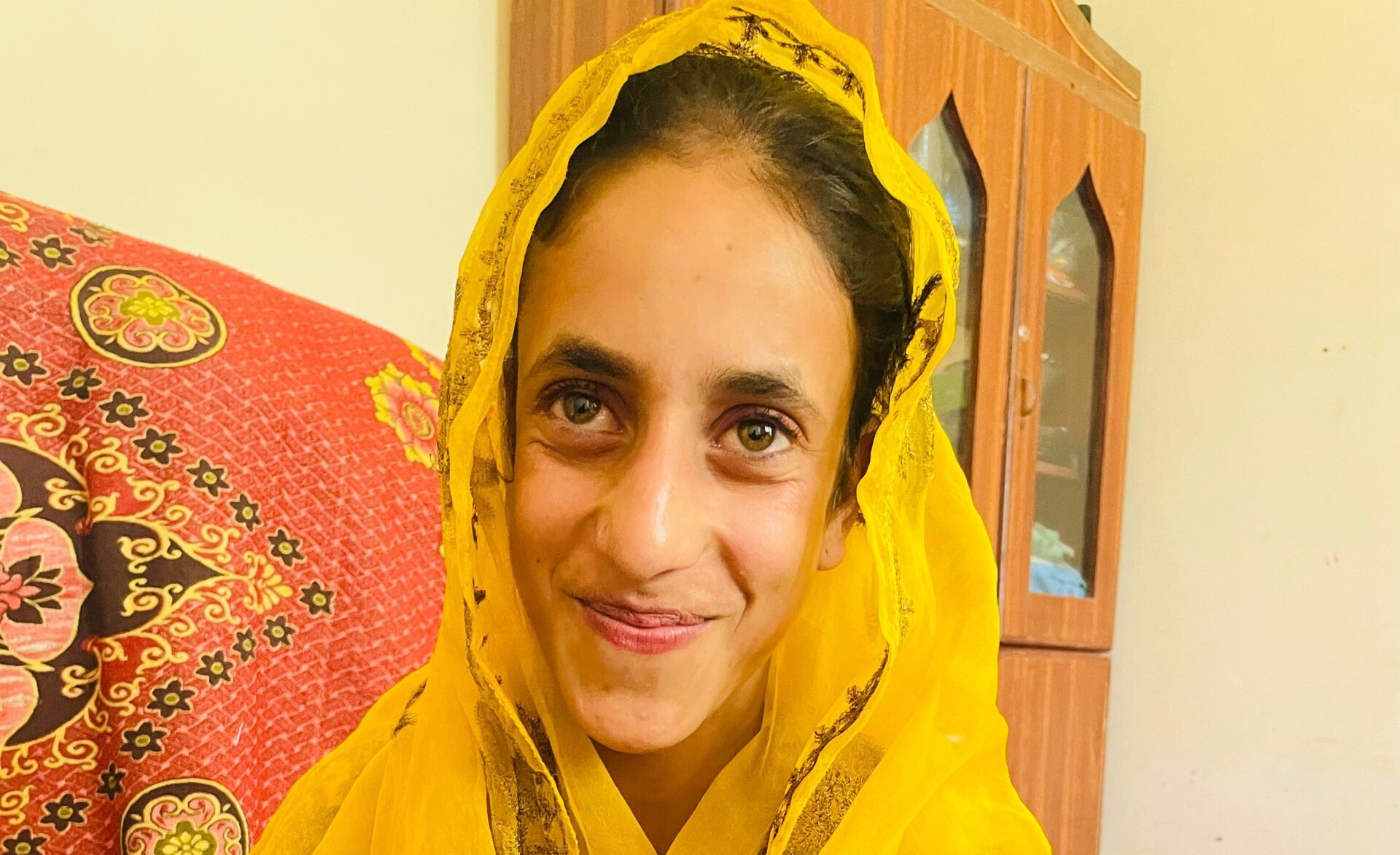
Everyone Deserves Access to Education
Nahida likes to study but she never had a chance to go to a school because her parents always moved from one place to another. “I always had a desire to go to a school but I come from a shepherd family and in the summer we move up to high pastures with our livestock and we are not allowed to live in the village,” explains Nahida.
